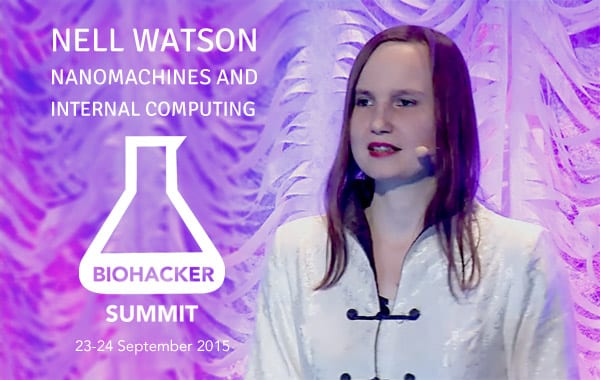In the third episode of Biohacker’s Podcast, Biohacker Teemu Arina interviews Nell Watson. Nell Watson is an engineer, entrepreneur, and futurist thinker. Nell lectures globally on Machine Intelligence, AI philosophy, Human-Machine relations, and the Future of Human Society. She is a faculty member of the Singularity University, Artificial Intelligence & Robotics track and the founder & CEO of Poikos, “Instagram for body measurement”. Nell has taught post-grad Computer Science at the age of 24, advised a number of startups, accelerators, and venture capital funds and serves as an advisory futurist to The Lifeboat Foundation, which has a mission to protect humanity from existential risks that could end civilization as we know it, such as asteroid collisions, or rogue artificial intelligence.
[powerpress]Check out some of the highlights of the interview with Nell Watson:
“It’s been a strange journey. From the very young age I was inculcated with the love of engineering and technology and computer science from my engineer father. I was the only child so I kind of ended up getting all of his love of engineering and science. Unfortunately he killed himself when I was 11 and that altered my path and I ended up leaving school at a young age. I was very lucky, I managed to get access to the internet, the critical period in my early teens that meant that I was able to teach myself, I was able to go out and learn subjects that I needed to explore and to get that information. I probably would have gone down a different path if I didn’t have the access to the net just at that critical point. But that enabled me to teach myself.”
“We are long way away from having truly conscious machines or from having truly empathic machines. However, we already have machines that are able make some sort of ethical decisions, for example in the medical world, and we are gonna see a lot more machines making medical decisions. The interesting thing is that we don’t necessarily need to teach machines empathy in order for them to be able to function well within our society. Even if the machine simply has an appearance of empathy that might be enough.”
“We are definitely going to see a lot of personal service robots. But I think most of them will be probably not so physical as in the cloud. Most of our assistants will be in the cloud, most of the machines making important decisions about our lives and the lives of others around us will probably be cloud-based for some time to come. But I do see a need not just for giving an appearance of being friendly but true computational ethics. I believe the first company to crack computational ethics is going to be a very wealthy and powerful company indeed because it’s such a pressing problem on humanity in the near future.”
“There’s a lot of bugs and a lot of glitches within human computation and I think that machines hopefully will be able to guide us to be able to make better decisions about our own lives over time.”
But the ultimate question when it comes to machine intelligence — will human labour be ever entirely substituted by machines?
“There’s always going to be a need for creativity, for emotions, for things that make us feel alive. Machines are very good at emulating those capabilities of humans but I doubt that they will ever be able to master them.”
Lessons from Nell Watson:
- Having good people around you— friends, family, peers and colleagues that you can rely on and respect.
- Doing something meaningful in one’s work. Meaningful work is doing something that one has control over to a degree, one has a certain amount of autonomy and it involves skills that one can work towards and master.
Check out Nell’s blog for more great stuff!
Nell Watson will be speaking at Biohacker Summit on 24 September 2015.


Leave a Reply